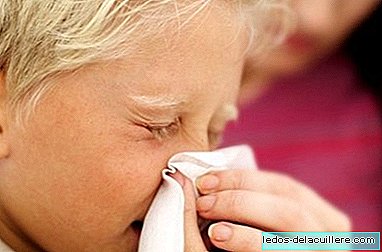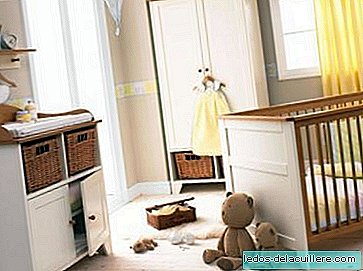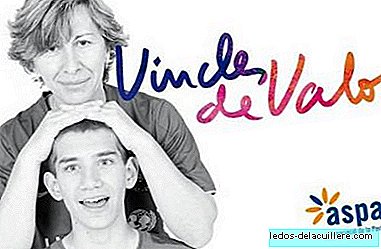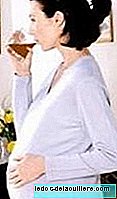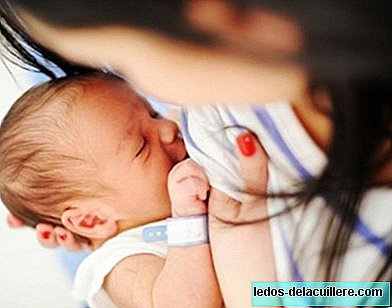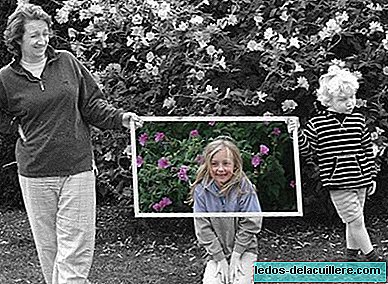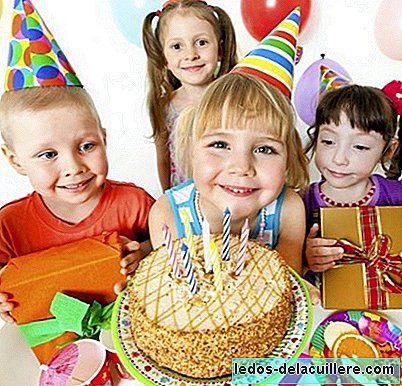
Blowing the candles on the cake is one of the things that makes children look more like their birthday. With that blow that comes from the depths of their being they feel that they are already a year older. But a recent study by scientists from the United States gives us a detail that we did not know about this very important moment for our children, and comes to ruin the party a bit.
According to researchers at Clemson University in South Carolina, the saliva that arrives at the birthday cake when blowing candles increases the transmission of bacteria by 1,400 percent, making it very possible "the transfer of bacteria and other microorganisms present in the respiratory tract from one person to another."
Dr. Paul Dawson, professor of food safety in charge of the research, conducted an experiment with his team to verify it. They placed on an aluminum foil a glaze that simulated a cake to which they placed a few candles.
After eating pizza to stimulate the salivary glands (and simulate a real birthday party), the cake candles blew, as children (and not so children) usually do on their birthday.
Then they diluted the glaze with sterile water and noticed that there was a large amount of bacteria on the surface. On average they observed that there were 14 times more bacteria than there would be if the candles were not blown. They also observed that each blow had produced different types of bacteria and that some people transferred more bacteria than others.
"Some people blow into the cake and don't transfer any bacteria, while maybe one or two people, for whatever reason, can transfer a lot of bacteria," says Dawson.
Even so, the authors of the study believe that this data should not ruin our children's parties. They do not consider it a food health problem, since if this practice contributed significantly to the spread of diseases, attention would be drawn to it.
Anyway, they recommend something that is pure common sense: that children or people who are sick refrain from blowing candles of the cake that the other guests will then eat.


